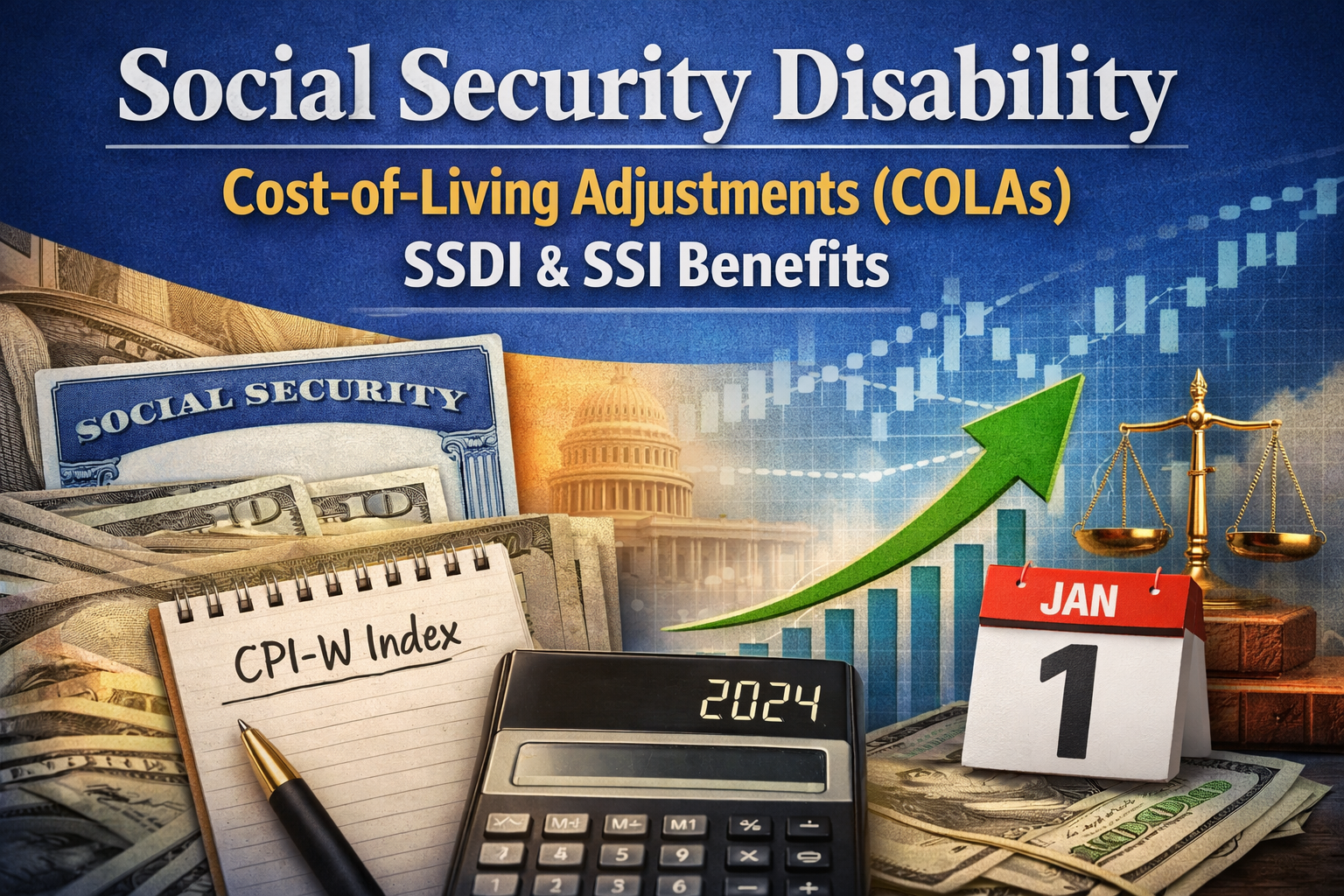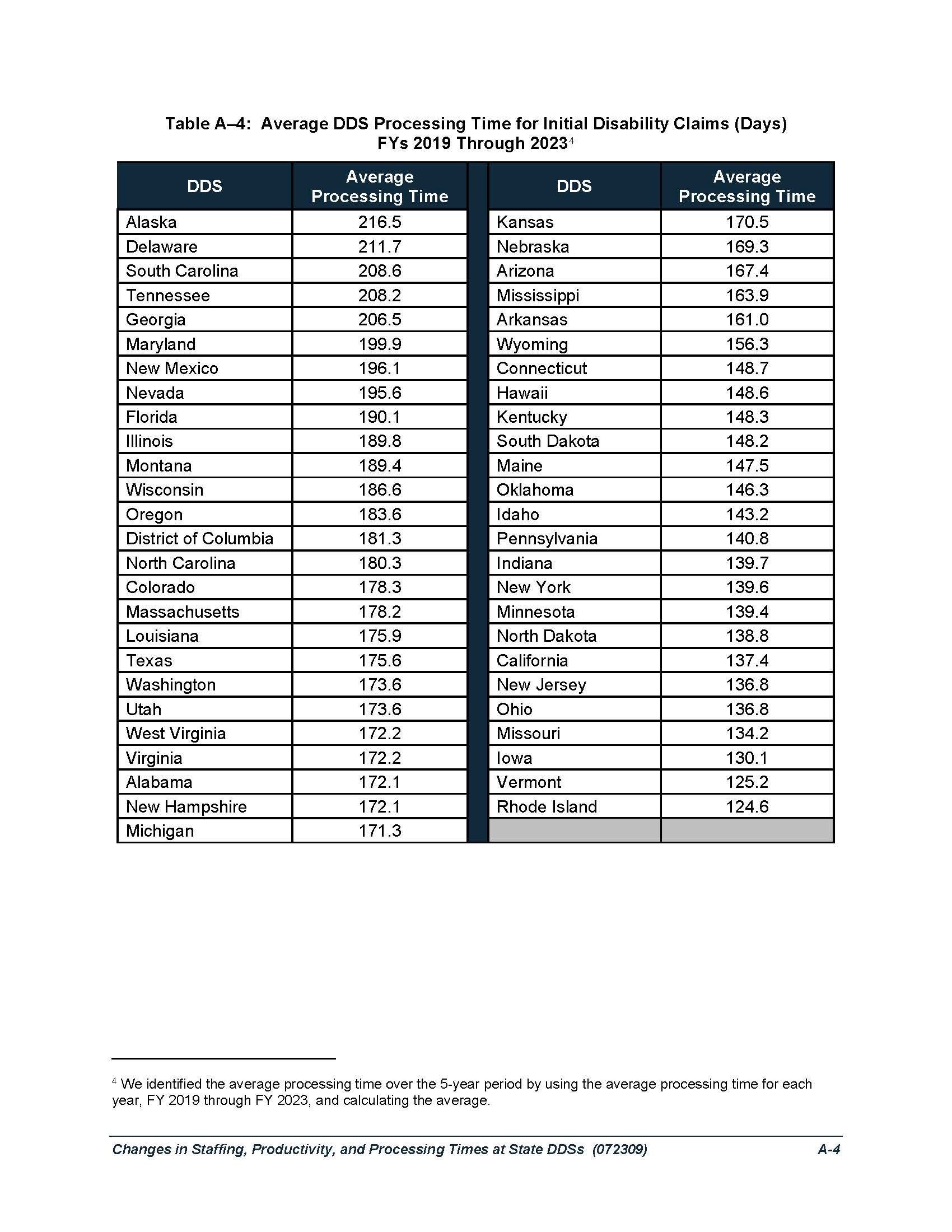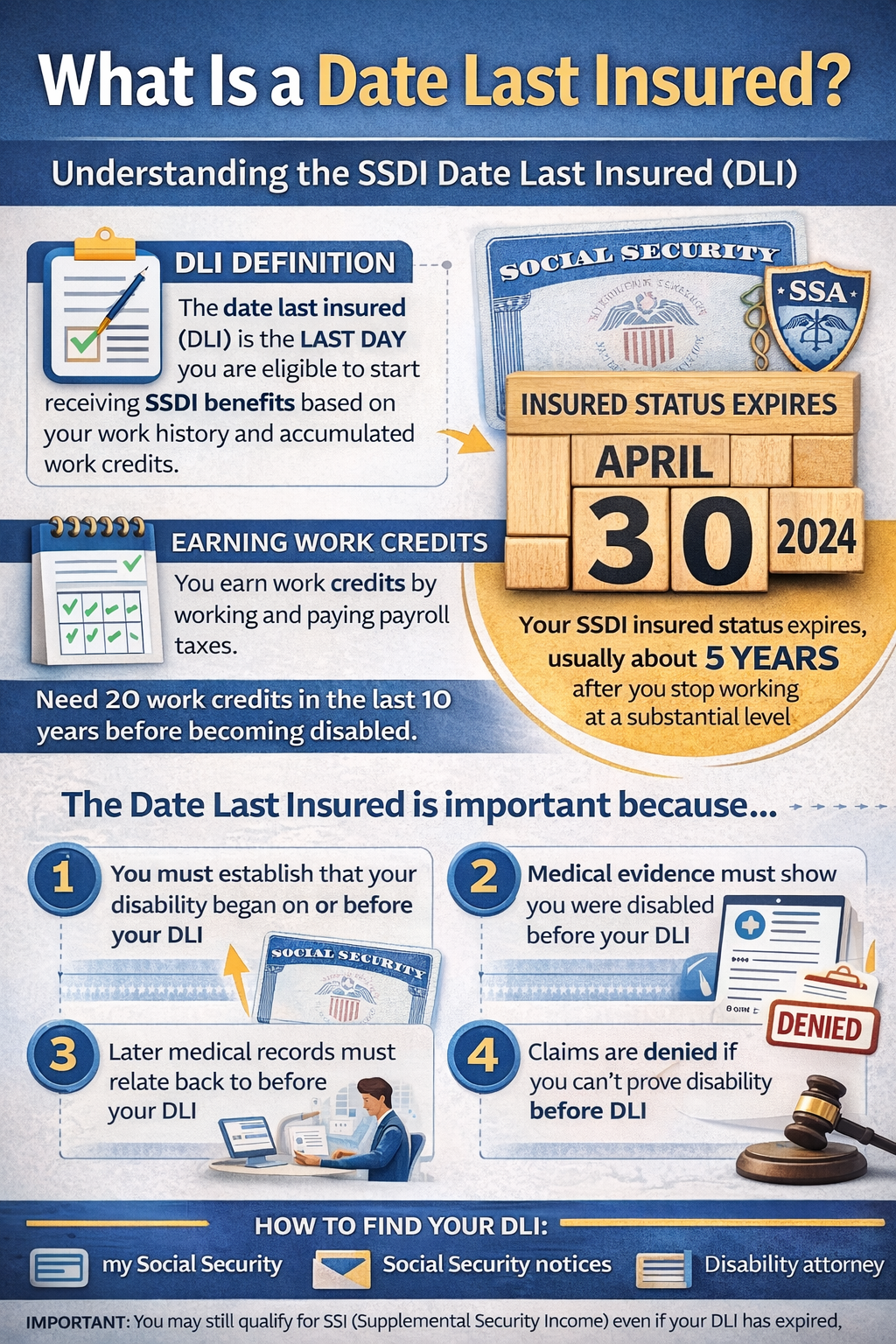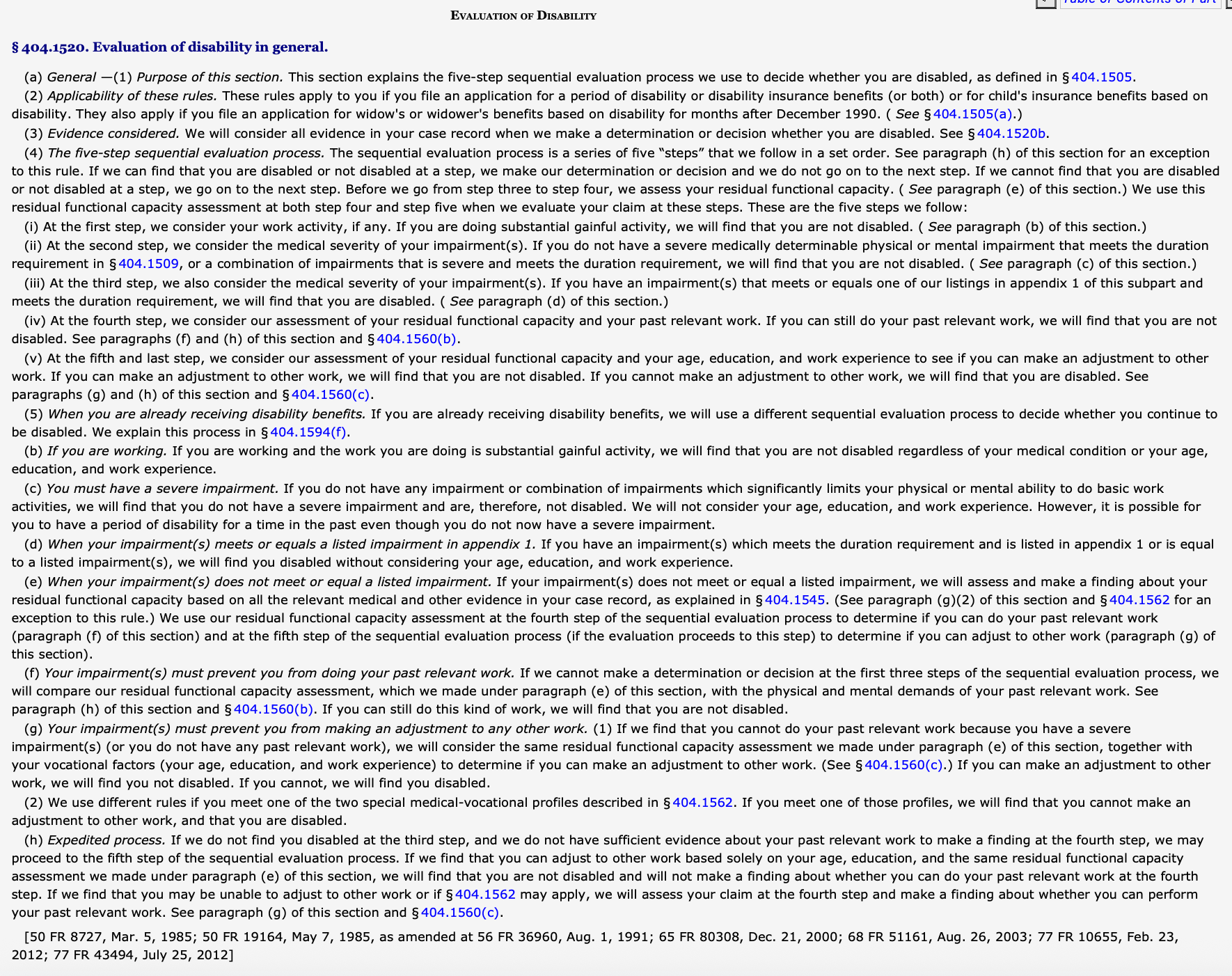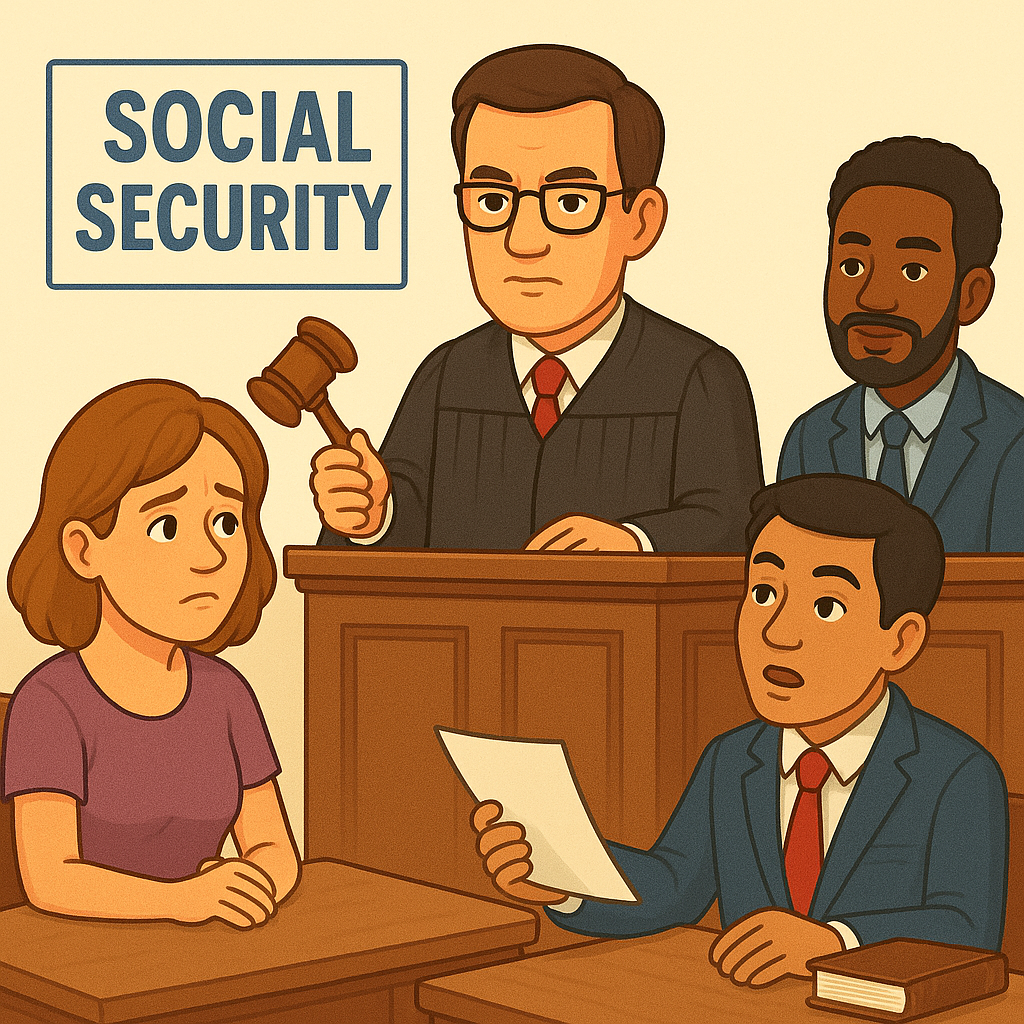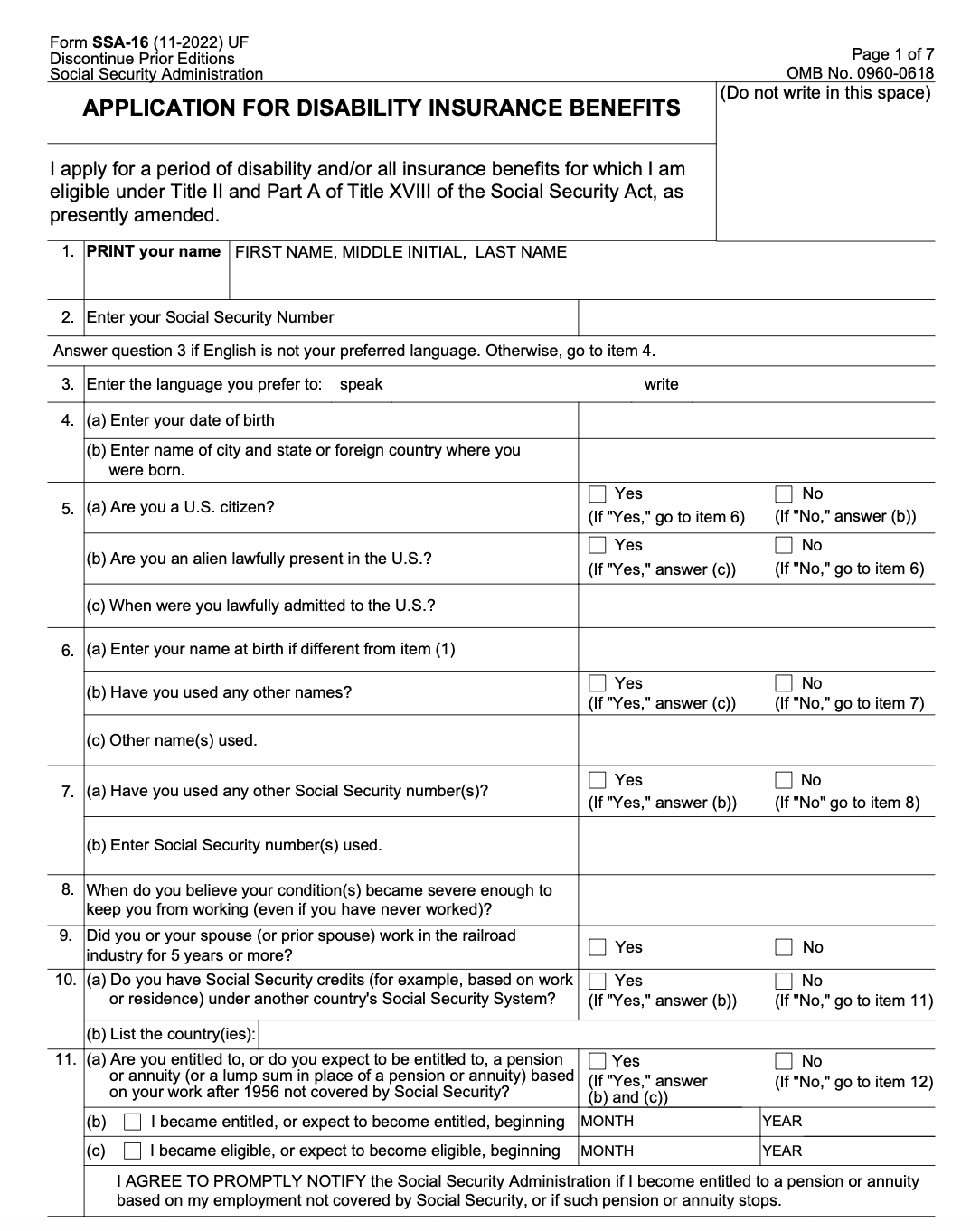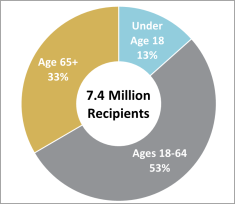Why Was My Social Security Disability Claim Denied?
Even if you have significant medical issues, there are some reasons that your disability claim might have been denied.

You worked hard, submitted your application for Social Security disability, and despite your health problems, you were denied disability benefits. You’re not alone: Around two-thirds of initial disability applications are denied.
So, why were you denied disability benefits?
While we might not know the circumstances of your case, there are some common reasons that your claim might have been denied.
1. You don’t have enough medical evidence.
You can’t just allege that you have a disability. You have to prove it. By law, the Social Security Administration (SSA) needs objective medical evidence that you have a disabling impairment.
Some claims are denied because claimants haven’t visited their doctor enough or haven’t seen the right specialist. Others fail to tell the SSA about their providers, or the SSA simply misses records when reviewing the file. And, frankly, some doctors take insufficient notes.
Tip: Keep seeing your doctors regularly, and make sure to submit older records too. If you change doctors, list every provider you’ve seen. The SSA can only consider evidence it actually receives.
2. You didn’t explain how your medical issues prevent you from working.
Some people think that they’re disabled because they’ve been diagnosed with a specific condition. But, for the most part, having a diagnosis isn’t enough. The SSA wants to see how your condition limits your ability to work. If your records don’t describe specific functional limitations—like how long you can sit, stand, lift, or concentrate—your claim might be denied. You should make sure to argue how your impairments create work-preclusive limitations.
Tip: Explain why your medical problems keep you from working, and tell Social Security about problems you’ve having with activities of daily living. The more real-world examples you give, the stronger your case.
3. You’re working too much.
To qualify for disability, you must be unable to engage in “substantial gainful activity” (SGA). In most cases, to determine if you're engaged in SGA, SSA asked whether you're earning more than $1,620 per month (or $2,700 if you’re blind), as of 2025.
Even part-time work can trigger a denial—regardless of your diagnosis.
Tip: Document any accommodations your employer makes for your disability. In some situations, you can sometimes receive disability benefits despite working beyond the SGA limit.
4. You didn’t follow prescribed treatments.
The SSA may deny a claim if you don’t follow your doctor’s recommended treatment—such as medication, therapy, or surgery—that might improve your condition. You can argue that there are valid reasons for not following treatment, such as cost, side effects, or religious beliefs.
Tip: Always tell your doctor (and the SSA) why you couldn’t follow a recommendation. A lawyer can help you frame that explanation so it’s clear and credible.
5. The adjudicator thinks that drugs or alcohol cause your disability.
If the SSA adjudicator thinks that your medical condition is primarily caused by drug or alcohol use, they will generally deny your claim. Under federal law, benefits can’t be awarded if substance use is a contributing factor material to your disability.
Of course, many people have legitimate mental or physical impairments independent of substance use. SSA adjudicators sometimes misunderstand that distinction.
Tip: If your conditions persist during periods of sobriety, make sure to have documented medical records from those periods.
6. Your condition isn’t considered “severe enough.”
Some claims are denied because the SSA concludes your impairment won’t last at least 12 months or doesn’t prevent you from performing substantial work. Even if you can’t return to your past job, the SSA may say you can do other types of work.
Tip: Try to show why your impairments would cause a work-preclusive limitation, and make sure that the limitation is actually work-preclusive. Maybe your back problems mean you can’t keep working on construction sites, for example, but you need to show why you also couldn’t work a desk job.
7. You “didn’t cooperate” with Social Security.
This is one of the most frustrating reasons to get denied. We very frequently see claimants denied for “non-cooperation” even when they did submit everything requested, but the SSA just ignored or missed the submitted reports. It’s infuriating.
Still, sometimes claimants fail to cooperate. The disability forms are poorly formatted, long, and confusing. It’s easy to leave a question blank, send the forms to the wrong office, or miss a follow-up request. Even small errors can stop your claim from moving forward.
Tip: Always keep fax or online submission receipts for everything you send to Social Security. If possible, have an attorney review your paperwork before submitting it.
8. You missed a deadline.
Timing is critical in disability cases. If you missed a deadline—whether to appeal a denial, respond to a letter, or attend a medical exam—SSA can dismiss your claim.
Tip: Don’t miss deadlines! If you had a method to make sure you didn’t miss assignments in school, maybe that method will help you keep deadlines with Social Security.
What to Do If Your Disability Claim Was Denied
A denial doesn’t mean your case is over. In fact, most successful claims are approved on appeal, not the first try.
Disclaimer: The information provided in this blog is for general informational purposes only and does not constitute legal advice. Reading this blog does not create an attorney-client relationship. For advice specific to your situation, please contact Donoff & Lutz, LLC directly to speak with an attorney.
